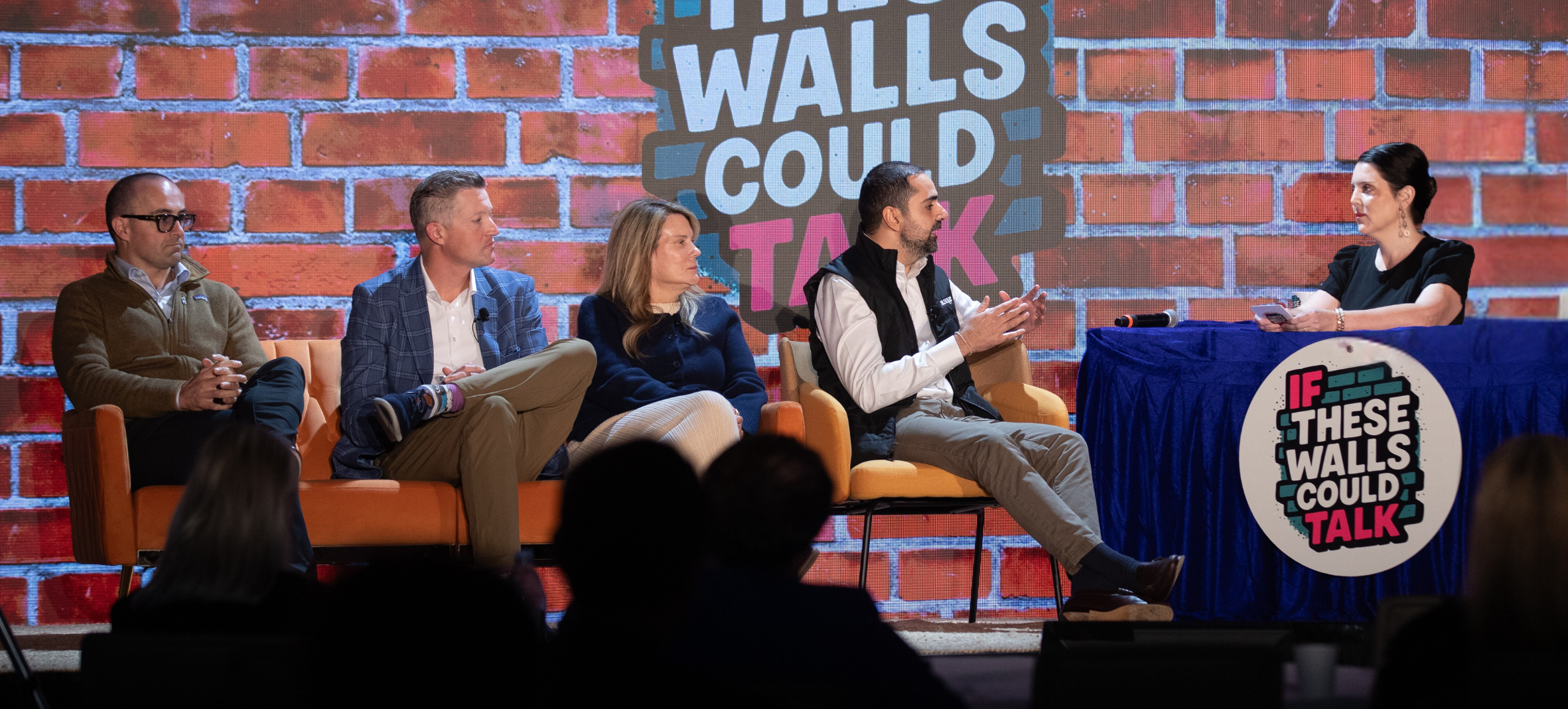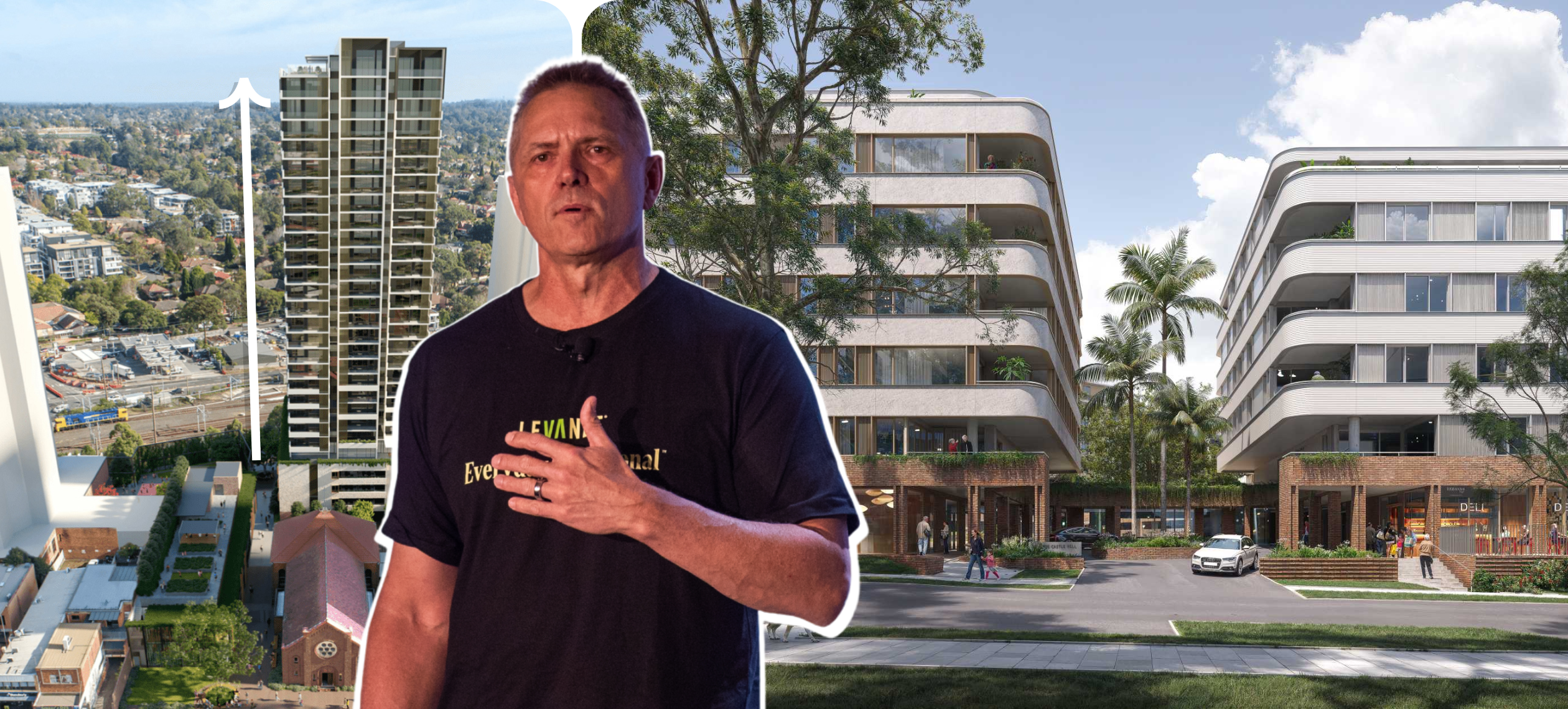Understaffing. Underfunding. Equipment shortages. Inequalities of every stripe. The pandemic cast a cold spotlight on structural problems in the senior living industry — problems that existed long before Covid-19 and will persist long after.
As Nexus Insights founder Bob Kramer explained at the Senior Living Innovation Forum, tackling these problems will take more than a cosmetic touch. To make senior living work for the next generation of seniors, we’ll have to radically rethink how we design and program our communities.
“What I see in our field, in our sector of senior living, is what I would call incrementalism,” Kramer observed. “It’s a touch more tech. It’s a bit of healthcare integration. It’s a dose of better engagement planning.” Incrementalism fails to meet seniors’ needs, he argued, because it’s not transformative enough. A true senior living community would do more for residents’ healthcare than pack them in a van to the doctor; it would do more to keep residents engaged than ship them off to activities outside its walls. “One of the silver linings of Covid is that it demonstrates the total inadequacy of those two approaches,” he said.
The Longevity Boom
There’s a more foundational truth that incrementalism fails to address: people are living longer. In 1900, Kramer observed, the average life expectancy was 47 years; in 2000, it was 78. The senior housing industry hasn’t adjusted to the fact that people are entering their golden years much later than before, because the world still hasn’t adjusted to this fact. “We have a society — in terms of its structures, its expectations, its norms around retirement and aging, its social network and social insurance network — that’s built for people to retire and die in their 60s and 70s,” he said.
So what is the future of senior living? Well, it’s complicated. Contrary to popular expectations, the influx of care-driven, private-pay baby boomer customers is still 10 to 15 years away, Kramer said. In the meantime, long-term care facilities will see an influx of boomers whom the “longevity revolution” passed by. Research shows that education is correlated with income and life expectancy; the first wave of boomers to enter senior living will be those without college or even high school educations. “Yes, there will be a demand,” Kramer stressed. “But that demand is going to be for people who have far less in terms of resources and can't afford most of the options out there today.”
Re-Envisioning the Future
The next generation of senior living customers will be the first to have experienced the oft-painful search for their parents’ senior living homes — an experience that will shape their own search.”What they took away from that experience has been [that] just having more years of lifespan, of longevity, is not necessarily a blessing; it can actually be a curse,” Kramer said. “What they took away from that is extended years spent with significant decline cognitively, or significant mobility limitations, is a situation that’s not attractive, but in fact is one to be avoided… For many boomers, they’ll do whatever it takes to avoid ‘ending up in’ — or even worse, ‘being put into’ — senior living.”
In other words, the next generation of senior living customers wants nothing to do with senior living, or rather, with senior living as they envision it. This makes it the industry’s job to re-envision it for them. Kramer recalled a 1997 speech Steve Jobs gave after returning to Apple, then a company in precipitous straits. “Nike sells a commodity, they sell shoes,” Jobs said. “And yet when you think of Nike, you feel something different than a shoe company. In their ads, as you know, they don't ever talk about the product, they don't ever talk about their air soles, how they're better than Reebok's air soles. What's Nike do in their advertising? They honor great athletes and they honor great athletics.”
A Movement of Difference-Makers
What, Kramer asked, would it mean to offer an aspirational vision of senior living communities? How can the industry steer its next generation of customers away from the idea of senior living as something they’re forced into, and toward senior living as something they’re actually drawn to? After discussing the question with his wife, Kramer eventually concluded, “I would be drawn to a community of difference-makers.”
If senior living is going to reinvent itself — it’s going to have to be part of a movement.
He doesn’t mean people who made a difference in the past, but a community of people actively, passionately making a difference in the lives of those around them. It’s hardly an unrealistic idea. At the Goodwin House, a senior living community in Virginia, residents joined forces to help dozens of the facility’s immigrant workers prepare for their citizenship exams — and even to pay the hefty filing fees. At Ingleside at Rock Creek, a seniors community in Maryland, residents drew on their own areas of expertise to start a pandemic tutoring program for employees’ children. “And not just tutoring them, but also mentoring them in life skills and in career aspirations,” Kramer added. “These are difference-makers, folks, but they’re also going against the grain of how society and even older adults think about their present and future.”
Kramer knows his vision is a bold one. Boldness, he argued, is exactly what the moment calls for. “If senior living is going to reinvent itself — if it’s going to attract the non-care-driven market of folks in their 60s, 70s, and 80s — it’s going to have to be part of a movement,” he said. “If not, it’s just going to continue to be seen as a farm where you park old people waiting to die.”

Posted by
SLIF heads to Carlsbad!
The One of a Kind Retreat for Senior Housing Leaders.
May 31 - June 2, 2026 | Carlsbad, CA
Learn More









Comments